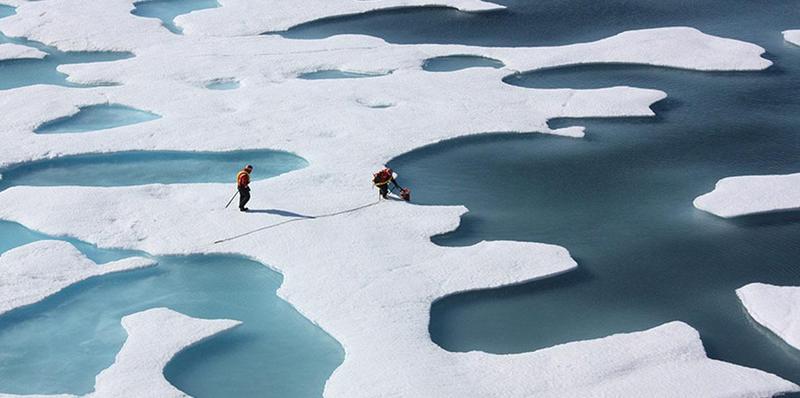Arctida: Scientists Find Two Ancient Continents Existed before Arctic
Arctida: Scientists Find Two Ancient Continents Existed before Arctic

The modern Arctic turns out to be the third incarnation of an ancient landmass at the top of the world. A group of Siberian scientists has discovered that the northern most continent broke apart twice, and not once as was previously thought.
An ancient continent named Arctida formed around one billion years ago, but then split apart around 750 million years ago, only to come back together again after another 500 million years, TASS reports, citing the findings of the Institute of Petroleum Geology and Geophysics of the Russian Academy of Sciences and Novosibirsk State University.
“There were at least two continents and not one as it was thought before,” head of the General and Regional Geology Department at Novosibirsk State University and leading author of the study, Dmitry Metelkin, said.
The structure of the continent, however, did not stay the same in both instances when the constituent elements of Arctida came back together again.
For example, archipelagos in Severnaya Zemlya, Svalbard, the New Siberian Islands, a part of the Taimyr Peninsula, the northern tips of Alaska and Chukotka, islands near Greenland and the Kara Sea shelf were created only the second time Arctida disintegrated.
A method, known as paleo-magnetic analysis allowed the scientists to see how the position of the Earth’s crust changed through time and, thus, come to this major conclusion.
The study is based on paleo-magnetic data from over 20 years of Arctic explorations. Scientists had to undertake numerous dangerous missions to the islands of the Arctic Ocean to collect it.
The results were published in the Precambrian Research scientific journal.
The Arctic has long been a sore point for the countries that surround it, including Russia, Canada, the United States, Denmark (Greenland), and Norway. The northern countries have struggled for dominance in the region, which is believed to hold enormous deposits of oil and natural gas.
RT
Be the first to post a message!